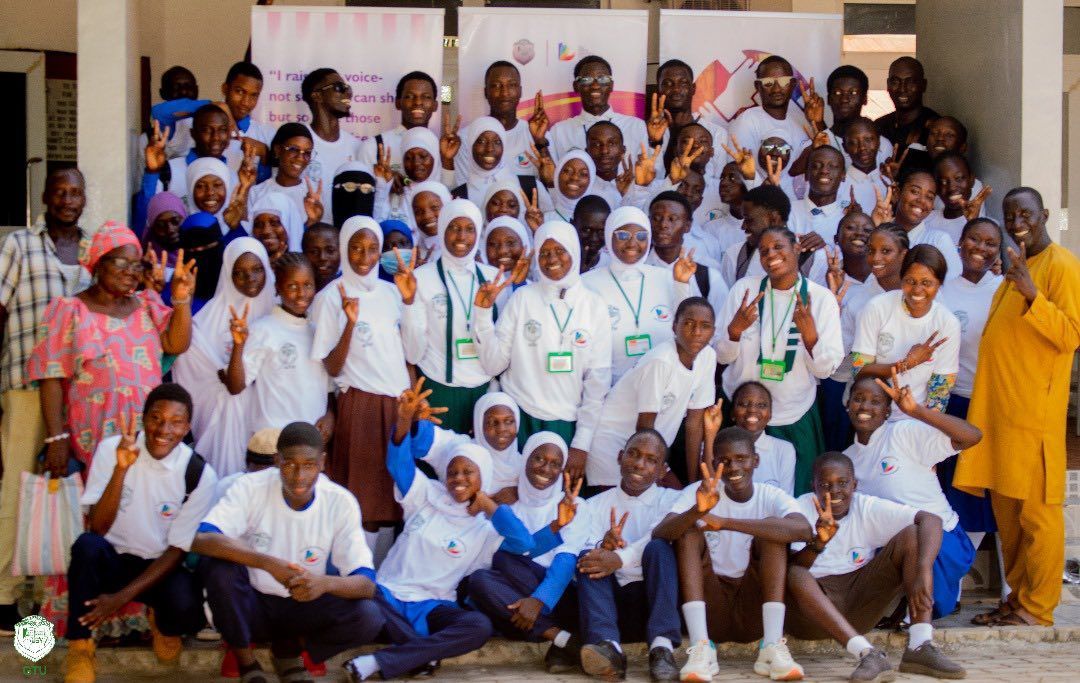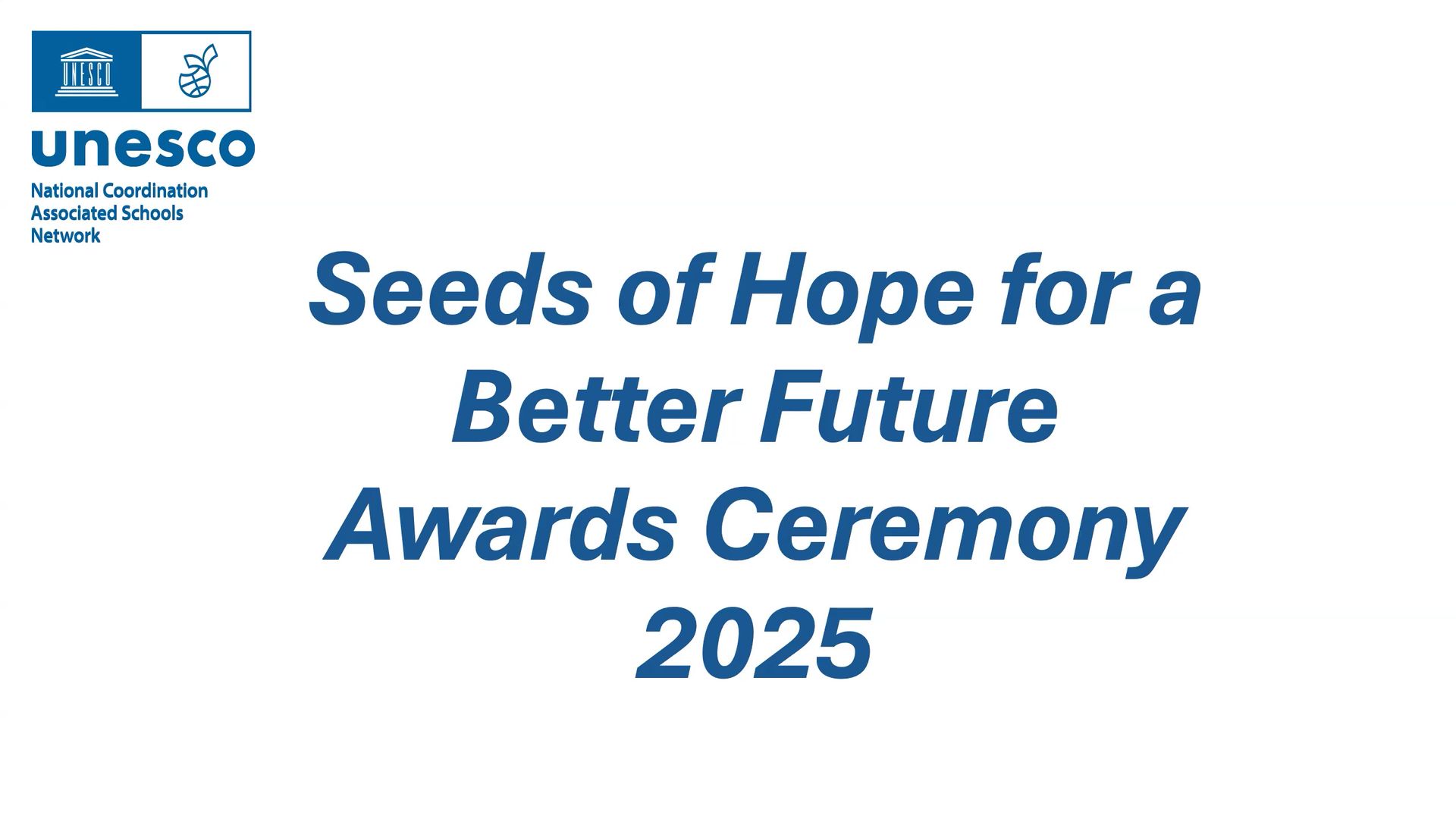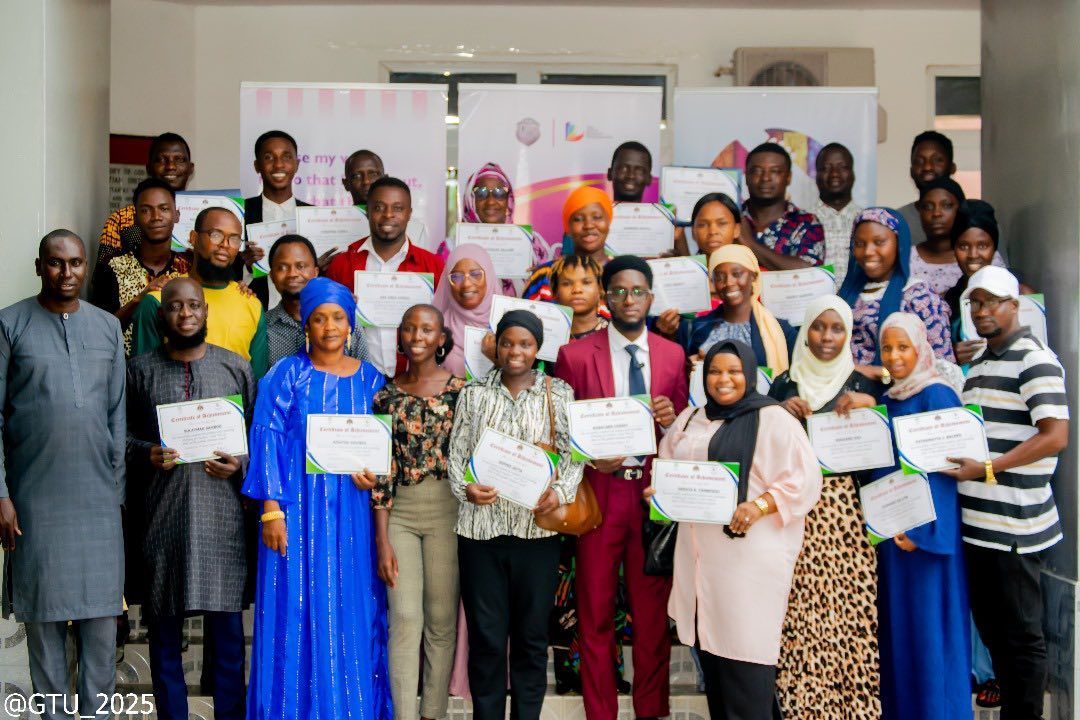Let’s preserve our world - Musa
MUSA BANJA, KAUR SENIOR SECONDARY SCHOOL
The world we are living in should be well taken care of by all in order to live in peace and harmony. This can only be done if we put all our hands on deck and protect and preserve the world. The world is like a human; it should be nurtured the way we nurture our sons and daughters to be good citizens of tomorrow.
Climate change is causing a lot of havoc across the globe and this can be dangerous to mankind. Still, people find it difficult to distinguish between climate change and global warming. The two are different. Climate change refers to the shifts in things like precipitation, wind patterns, and temperatures over a period, while global warming is the rising average temperatures of the planet. The most threatening between the two is climate change which should receive greater attention from all of us.
Every leader from every nook and cranny of the globe should put climate change at the top of his or her agenda in order to preserve the world for generations yet unborn. Only in this way, could we have a safer place for our grandchildren to enjoy the fruits of our labour. Therefore, a concerted effort is needed to curb the menace for a better world.
The causes of climate change rely heavily on human activity, and is detrimental to man himself. Man keeps on deforesting the land without replacement. This could haunt him in the near future. The cutting down of trees for roofing, charcoal, fencing, and many other things, may cost us our lives or the lives of the generations yet to come. The burning of fossil fuels for electricity, and bush burning, are other activities man should avoid if he wants a better future for his children. If not, the future of the world is doomed and we may not have answers for children should they ask us questions tomorrow.
The negative effects that climate change can bring to us, if not averted, are enormous. It is responsible for the extreme weather conditions that we are experiencing right now in most parts of the globe. Other negative effects may include economic hardship, poor health, conditions and low level of food productivity across the globe.
Measures should be taken to address this unfortunate situation, and to have a world that is safe for all. We should start thinking about how to purchase renewable energy supplies in our homes to minimise, or even stop, the way climate change is hitting the world.
If not, it can cause a lot of negative impacts in our school systems. For example, in The Gambia children are eager to go to school because of the school feeding programme. If we allow climate change to hit the world, it will adversely affect our school roll, thereby causing many school dropouts.
In a nutshell, climate change should be everybody’s business, in order to carve out a better future for all.





